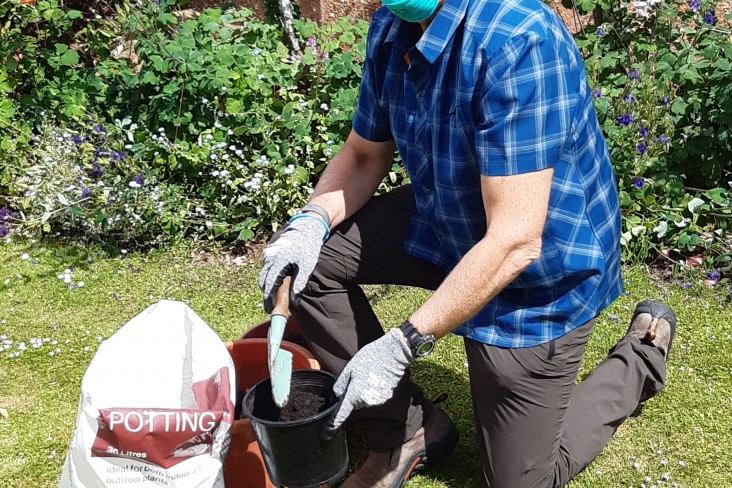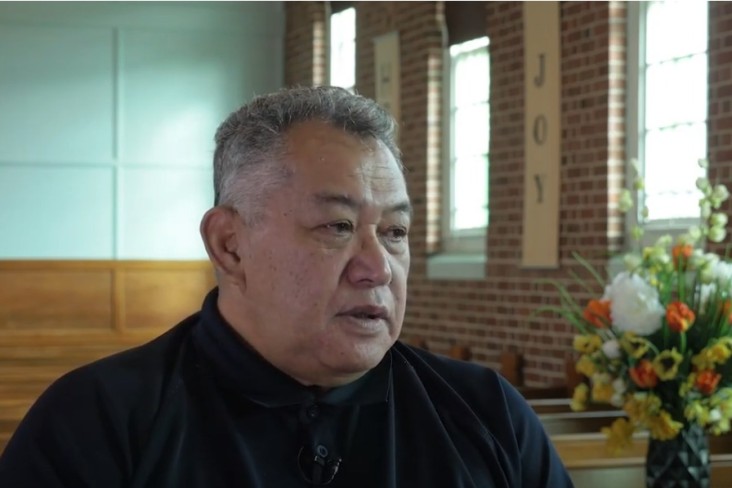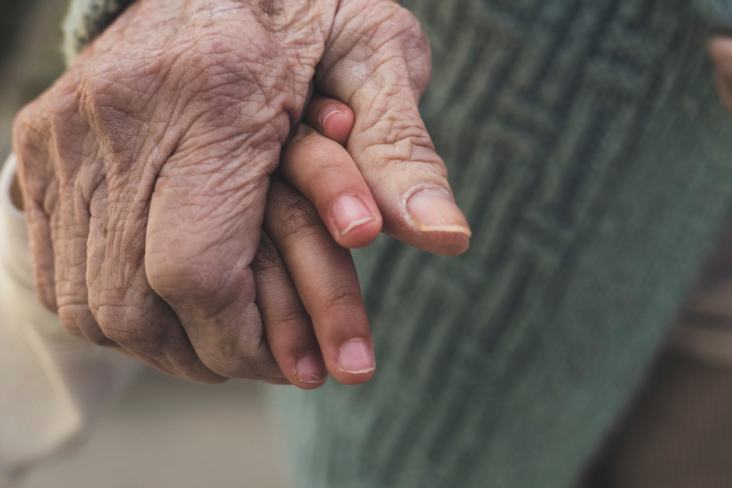Legionnaires’ disease is a flu-like illness caused by the Legionella bacteria that can live in potting mix and compost. It can lead to severe pneumonia and even death. Garden safely by being Legionnaires’ aware.
Here are six easy things you can do to prevent Legionnaires' disease:
Check out the Safer and Healthier Gardening Booklet or visit the Ministry of Health for further technical information.
What is Legionnaires’ disease?
Legionnaires’ disease is a respiratory infection caused by inhaling the legionella bacteria. Most cases occur as single isolated infections, but outbreaks can occur.
Where are legionella bacteria found?
Legionella bacteria live in soil, compost, potting mix and aquatic environments such as rivers, lakes and reservoirs. They prefer warm, moist conditions. The bacteria can live in bagged soil and potting mix as well as storage piles and open containers.
How is it spread?
People can get Legionnaires’ Disease by inhaling dust from soil, compost, potting mix, or mists or sprays (aerosols) from a water source that contains legionella bacteria. Legionella bacteria cannot be passed from one person to another, and you cannot be infected by drinking contaminated water.
Who gets Legionnaires’ disease?
Anyone!
Men and women of any age can get Legionnaires’ Disease, but people over 50 years of age, particularly those who smoke or drink heavily, are at higher risk. People with chronic illnesses such as lung disease or those with immune system deficiencies are also at greater risk. The disease is very rare amongst children.
What are the symptoms?
Symptoms can appear between 2-10 days (usually 5-6 days) after exposure to the bacteria and include a 'flu-like' illness with a rapid onset of all or some of the following symptoms: fever, muscle aches, tiredness, headache, loss of appetite, breathlessness, chest pain, a dry cough that can lead to pneumonia. Nausea, vomiting and diarrhoea can sometimes occur, and mental confusion and disorientation may develop. The illness can get worse over a few days.
Some people will only develop very mild symptoms so may never be diagnosed with Legionnaires’ Disease because the symptoms are either absent or very mild.
How is it treated?
Your doctor will prescribe specific antibiotics to treat Legionnaires’ Disease. Treatment should be started as soon as possible so do not hesitate to get medical advice if you are showing symptoms.
If you think you may be showing symptoms of Legionnaires' Disease, immediately call your GP or Healthline on 0800 611 116
How is it prevented?
You are less likely to get legionnaires’ disease if you take care when dealing with compost, potting mix and any form of soil or dirt.
To reduce the risk of inhaling dust from these mixes you should:
- wear a well fitted, good quality mask and open the bag away from your face in a well-ventilated space
- open bags carefully using scissors rather than ripping the bag open
- dampen down the potting mix or compost with a sprinkle of water to prevent it blowing around your face
- Wear gloves and wash your hands thoroughly after handling potting mix to avoid further infection
Watch the video above to learn everything you need to know about safely handling potting mix.
If you start to develop flu-like symptoms after handling potting mix or soil, contact your doctor or Healthline and inform them of your recent gardening activity so they are aware it may not be a typical flu virus
Does Legionnaires’ disease kill people?
Yes, people can die from Legionnaires’ Disease. Legionnaires Disease can lead to pneumonia, and this can be fatal.
Every year Health New Zealand | Te Whatu Ora - Southern sees several cases of Legionnaires Disease and most of these cases have been caused by inhaling potting mix, compost or soil. The best way you and your loved ones can protect yourselves from catching Legionnaires’ Disease is to wear a mask when handling potting mix and soils. Watch the video above to see everything you need to do.
You can find out more about staying safe when working with compost and soil here:
https://www.healthed.govt.nz/resource/safer-and-healthier-gardening
https://www.worksafe.govt.nz/topic-and-industry/legionnaires-disease/



